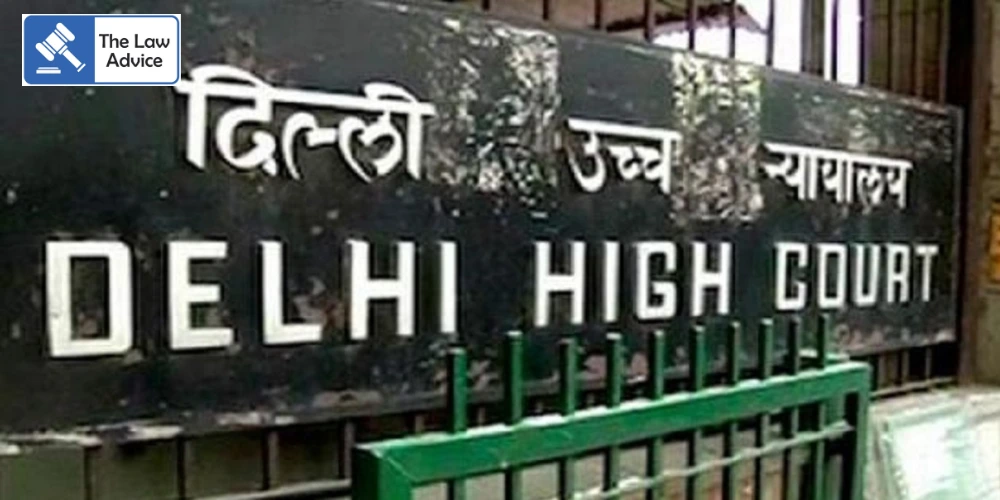The Delhi High Court has categorically ruled that Order XXI Rule 99 of the Code of Civil Procedure (CPC) cannot be invoked by a judgment-debtor or by anyone acting on their behalf, including the spouse of the judgment-debtor. The Court clarified that the provision is strictly intended for third parties/strangers to a decree, and not for individuals who are intrinsically connected to the judgment-debtor.
Justice Manoj Jain, while dismissing a petition filed by the wife of a judgment-debtor, held that the application under Order XXI Rule 99 CPC was not maintainable since it was essentially being pursued at the behest of her husband, the judgment-debtor himself.
The case arose from a dispute where the decree-holder asserted absolute and exclusive ownership of the property in question. After the defendant (the judgment-debtor) failed to contest the proceedings despite multiple opportunities, the trial court decreed the suit in favour of the decree-holder.
Subsequently, during the pendency of the judgment-debtor’s appeal, his wife filed an application under Order XXI Rule 99 CPC, alleging that the decree was obtained through fraud and misrepresentation. She accused the decree-holder of being part of a land-grabbing racket and claimed that many unsuspecting persons had been trapped in similar disputes.
When the lower court summarily dismissed her petition, she approached the Delhi High Court.
Arguments Before the Court
• Petitioner’s stance: The wife of the judgment-debtor argued that she had an independent right to challenge the decree since it was procured fraudulently. She contended that the provision under Order XXI Rule 99 CPC allowed her to raise objections against dispossession.
• Decree-holder’s counter: The decree-holder’s counsel opposed the petition, submitting that Order XXI Rule 99 can only be invoked after actual dispossession and only by a person who is genuinely a third party to the decree. In the present case, the wife’s claim was essentially being made on behalf of the judgment-debtor, and not as an independent third party.
The Delhi High Court concurred with the decree-holder’s submissions, noting that the wife’s petition was nothing more than a proxy battle for her husband. The Court observed:
“Order XXI Rule 99 CPC is meant for a third party i.e., a stranger to a decree. A judgment-debtor cannot make use of the aforesaid provision.”
The Court further highlighted that the petitioner herself admitted there was no matrimonial discord between her and her husband. This reinforced the view that she was not acting independently but was merely a front face, while the “strings were being pulled by her husband.”
Accordingly, the Court dismissed the petition and upheld the view that judgment-debtors or their close family members cannot bypass the law by masquerading as third parties.
Case Details
• Case Title: Leelawati v. Rajeev Kumar
• Case Number: CM(M) 1274/2025
• Bench: Justice Manoj Jain, Delhi High Court
• Appearance: Mr. Krishna Chandra Dubey, Mr. Ashok Kr. Singh, Mr. Abhishek Agarwal and Ms. Uma Tarafdar, Advocates for the Petitioner; Mr. Akil Rataeeya and Mr. Movish Lohia, Advocates for the Respondent
This ruling reinforces the principle that Order XXI Rule 99 CPC is a safeguard meant exclusively for third parties who are wrongfully dispossessed in execution proceedings. Judgment-debtors or their relatives cannot invoke the provision to stall execution or reopen decrees indirectly.
